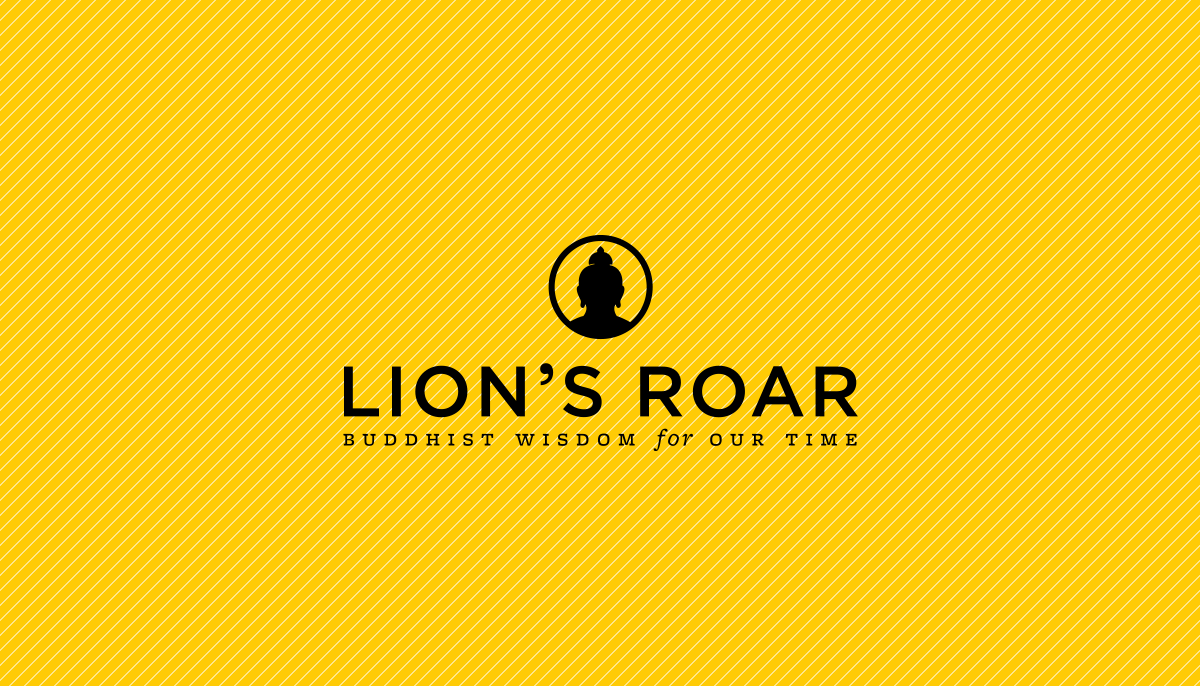Perhaps the most valuable message the Tao Te Ching offers is that when something positive occurs, it contains within it the seeds of the negative and vice versa.
It has been decades since the Tao Te Ching swept college campuses and its mythic (and perhaps entirely mythical) author, Lao Tzu, became the poster boy for the mystical East. In the intervening time, tao has entered the English lexicon, along with yin and yang. Feng shui, acupuncture and Tai Chi, disciplines based on taoist principles, are popular and well known. The tao and the yin-yang symbol have long been cliches, but how broadly understood are the fundamental messages in the Tao Te Ching, and in what way are they valuable?
The Tao Te Ching was originally known as the Lao Tzu, after the contemporary of Confucius who is supposed to have composed the text in the sixth century BCE, although it is probably several hundred years younger. Eventually it acquired the status of a ching—a canonical text on a par with the great Confucian texts and The Book of Changes, the I Ching. Although it is sometimes called The Book of the Way or The Way of Virtue, its title is simply meant to indicate that it is the classic text of tao and te.
Tao and te are not easy to pin down, which is why the text exists in the first place. Tao, an expression of that which is ultimate, is many-faceted and elusive in its meaning. Its various translations—the way, supreme reality, primordial simplicity, transcendence and many others—emerge from glimpsing the tao from different angles. Te, which has been translated variously as power, virtue, manifestation, immanent reality et al, refers broadly to the experience of tao in the forms and virtues of people and things in the world. The tao is nameless and formless. Its power, te, is manifested in the “ten thousand things” that make up our experience.
Classical Chinese literature is a slippery fish. The lines of the old texts exist almost as a simple listing of ideas free of syntax or even context. Each of the concepts themselves can contain half a dozen possible meanings and some of them are so rich, like tao itself, as to be untranslatable. This results in translations that appear to be based on completely different works.
The ancient texts also arise within the context of intricate spiritual and philosophical traditions. Lao Tzu stands in opposition to the Confucian emphasis on hierarchy and social order. Whereas Confucius (who is known in China as K’ung Tzu) is primarily concerned with social order, the Tao Te Ching concerns itself with cosmic order, implying that social order is only a subset of that. Both of these, in turn, influenced the form of Buddhism that developed in northern and eastern Asia. Encountering all these streams of possible meanings and interrelated isms can be paralyzing. The only choice becomes to jump in, with the understanding that no one will ever have the last word on what the Tao Te Ching means. It can only be tested by experience.
Although the Tao Te Ching can be read in one sitting, it is the sort of book that one can return to many times, taking the merest snippet and letting it roll around in one’s mind, not necessarily resolving its meaning but allowing it to shed light nevertheless, such as one can do with the passage below (taken, as are all examples here, from John C.H. Wu’s translation):
We make doors and windows for a room;
But it is these empty spaces that make the room livable.
Thus, while the tangible has advantages,
It is the intangible that makes it useful.
At the same time that one can find delight in certain passages and glean an overall attitude from reading the entire work, certain parts of the text can come across as merely sententious, in the manner of the great sage in the Kung Fu television series:
To be great is to go on
To go on is to be far
To be far is to return
There is clearly meaning there, and quite likely profundity, but some of it may be hidden in the translation and the result can be something that just sounds cool. While this passage is fuzzy, it gives way to one that is actually obscure:
Hence, “Tao is great,
Heaven is great,
Earth is great,
King is great.”
Thus, the king is one of the great four in the Universe.
To get at the meaning of this passage one clearly requires extensive commentary and background, but the passage that follows packs the kind of wallop that leaves a direct mark, and one feels that little is lost in translation:
Man follows the ways of the Earth.
The Earth follows the ways of Heaven.
Heaven follows the ways of Tao,
Tao follows its own ways.
This passage gets at the power of the Tao Te Ching: it does not put human beings—or any beings for that matter—at the center of the cosmos. It enlarges the petty view that pits man against evil, man against nature, man against man. It’s not about being against. As one reads the Tao Te Ching, it is impossible to be self-absorbed. One is absorbed into a greater order, but that order is not knowable or graspable. You cannot enslave it and make it work for your ends. Tao follows its own ways.
In just about every field of endeavor, from energy to architecture to medicine, city planning and military affairs, we regularly violate the basic understanding of tao. We believe that we can dominate the world and bend it to our will, whereas in fact we can bend the world so far, but eventually it bends back. The tao is not punishing or rewarding us. It merely does what it does, or doesn’t do as the case may be.
In our own everyday affairs, we have a tendency to think in a linear way, and the evening news, self-help books and new and improved technologies are there to reinforce that. We would like a better life, a more comfortable life, a life secure from vicissitudes. We want to move in a straight line from bad to good, less to more, down to up, but for some strange reason fortunes seem to go up and down. Every gain brings some kind of loss; every coming involves some kind of going:
Bad fortune is what good fortune leans on,
Good fortune is what bad fortune hides in.
Who knows the ultimate end of this process?
Although the Tao Te Ching is replete with messages from the stark to the fuzzy to the opaque, this one is perhaps the most valuable to let sink in. When something positive occurs, it contains within it the seeds of the negative, and vice versa. When you buy your most prized possession, it is already beginning to decay. Conversely, when you lose a job or a friendship ends, you may think of it as a failure, something purely unfortunate, and not notice the beginning of something altogether new. This is what the yin-yang symbol is all about. It takes the global view.
To forswear the idea that life should move in an ever-better direction might seem a pessimistic view, the very end of life. In fact, the Tao Te Ching suggests that only when we fully understand the interdependency of dark and light does life begin at all. Before that, we are so busy bouncing between Point A and Point B that we have no opportunity to live at all.

